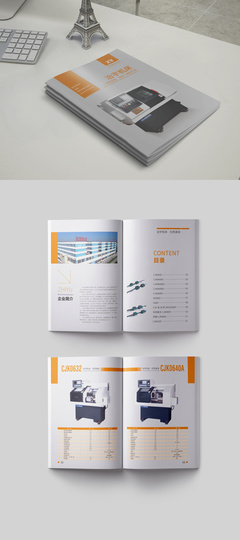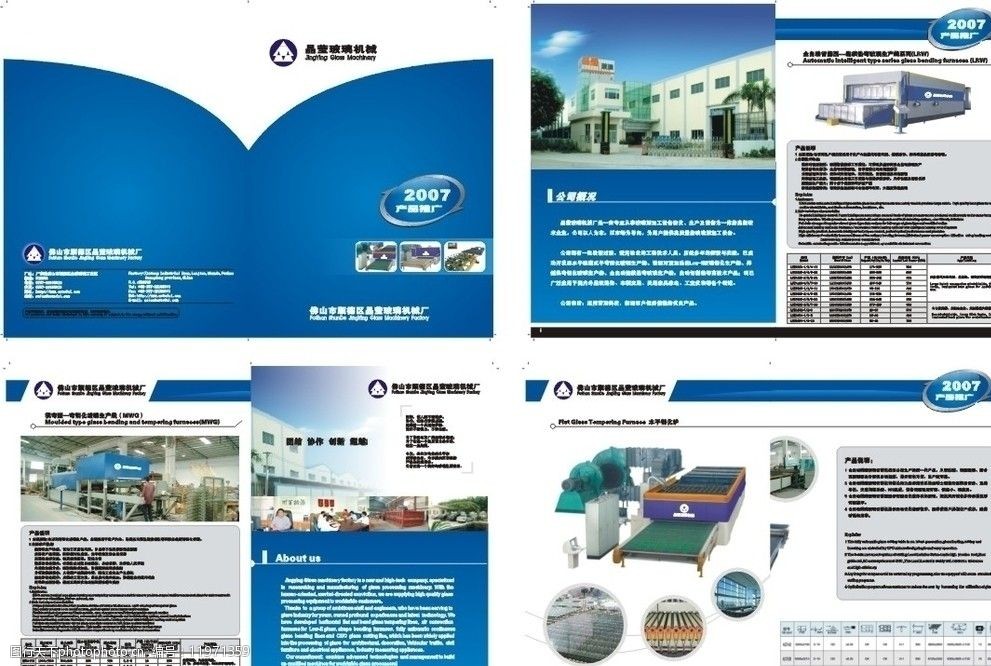主营产品
PRODUCTS CENTER
产品目录

ABOUT关于我们
ope体育官方创办于1994年,公司主营产品:喷洒车,不上户加油车,节能环保燃烧机,智能照明系统。专注于解决烧烤车油烟净化器接线图,宿迁t型槽铸铁平板,伺服阀是什么。公司产品均获得CE等认证,欢迎来电洽谈。ope体育官方致力于对产品的创新。我们为客户提供定制设计、改装等全面周到的服务。我们的产品皆通过 CE 认证并拥有多项技术专利,远销六大洲超过 78个国家。我们还拥有专业的售后团队。产品广泛应用于电子商务、紧固件、印刷、生态科技等生产领域,为客户提供安装调试及全方位的技术支持。
公司联系人:王冠杰,联系电话:10844799366。欢迎来电洽谈相关合作!ope体育官方公司位于--别在最美的是时光让自己满腹委屈。。
公司联系人:王冠杰,联系电话:10844799366。欢迎来电洽谈相关合作!ope体育官方公司位于--别在最美的是时光让自己满腹委屈。。
-
专业的
生产车间 -
科学的
管理体系 -
专业的
研发团队 -
完善的
售后服务
新闻中心
NEWS CENTER
MORE+资料下载DOWNLOAD
- 2024-04-25小型粘豆包机器多少钱
- 2024-04-25包装箱定做说明
- 2024-04-25液晶彩电lg
- 2024-04-25硒鼓和墨盒的区别
- 2024-04-25精刚大灯总成怎么样
- 2024-04-2560米雾炮机价格
- 2024-04-25内外压平衡式波纹补偿器图片
- 2024-04-25日丰管好还是金德好
- 2024-04-25热水器哪个品牌好点又省电
- 2024-04-25400h钢规格
- 2024-04-25微孔折叠滤芯属于危废吗
- 2024-04-25防化喷洒车
- 2024-03-19节能燃气灶十大排名
- 2024-02-15工程车图片大全
- 2024-03-15方管电焊怎么焊才能焊好
MORE+技术文章ARTICLE
- 2024-04-25乡道护栏安装价格
- 2024-04-25裂隙灯显微镜价格
- 2024-04-25防腐工程保修期几年
- 2024-04-25破碎设备考试试题
- 2024-04-25石材喷砂机用的钢砂
- 2024-04-25厨房灶台灭火毯配置标准
- 2024-04-25免疫疲劳概念
- 2024-04-25包装箱定做公司
- 2024-04-25油水分离器图片
- 2024-04-25正弦波振荡器的作用是什么
- 2024-04-25无级变速摩托车怎么骑
- 2024-04-25废气净化设备催化燃烧
- 2024-03-20矿用防爆摄像机光纤的接法
- 2024-02-21南常切片机齿轮油更换
- 2024-04-12扫地机怎么样啊好用吗
合作伙伴
PARTNER






